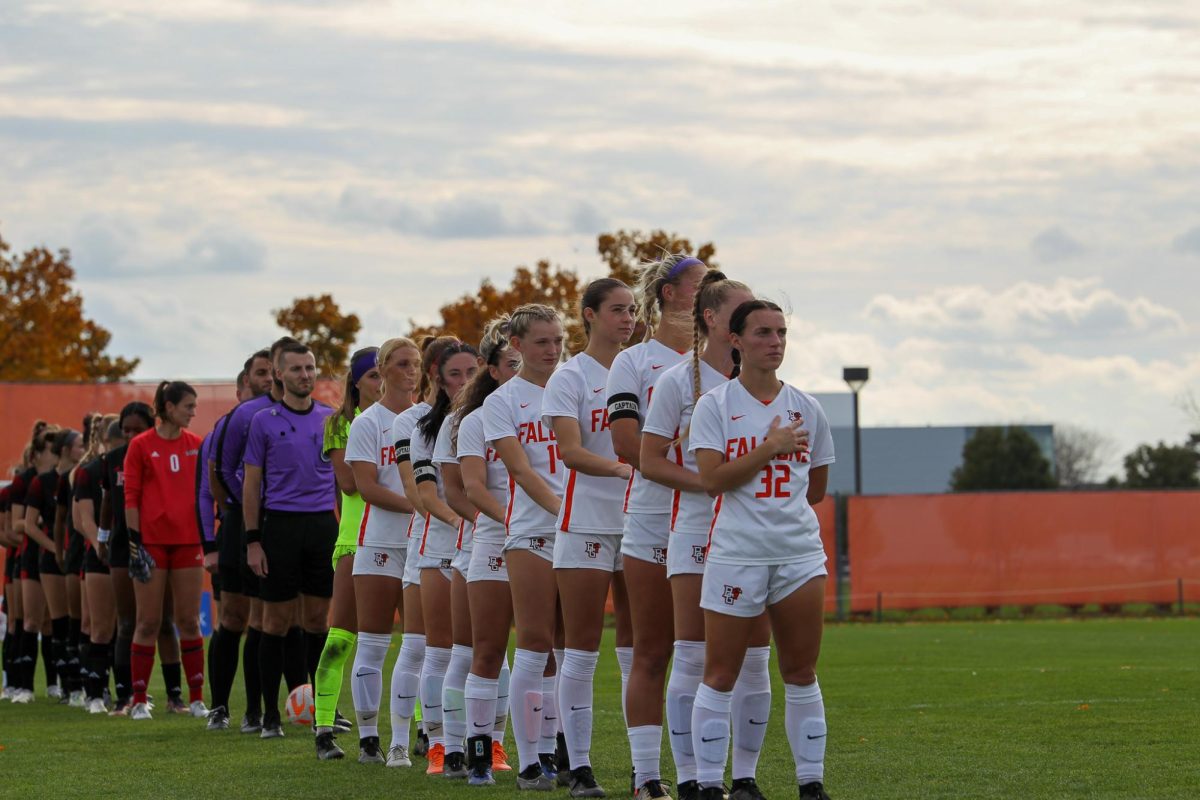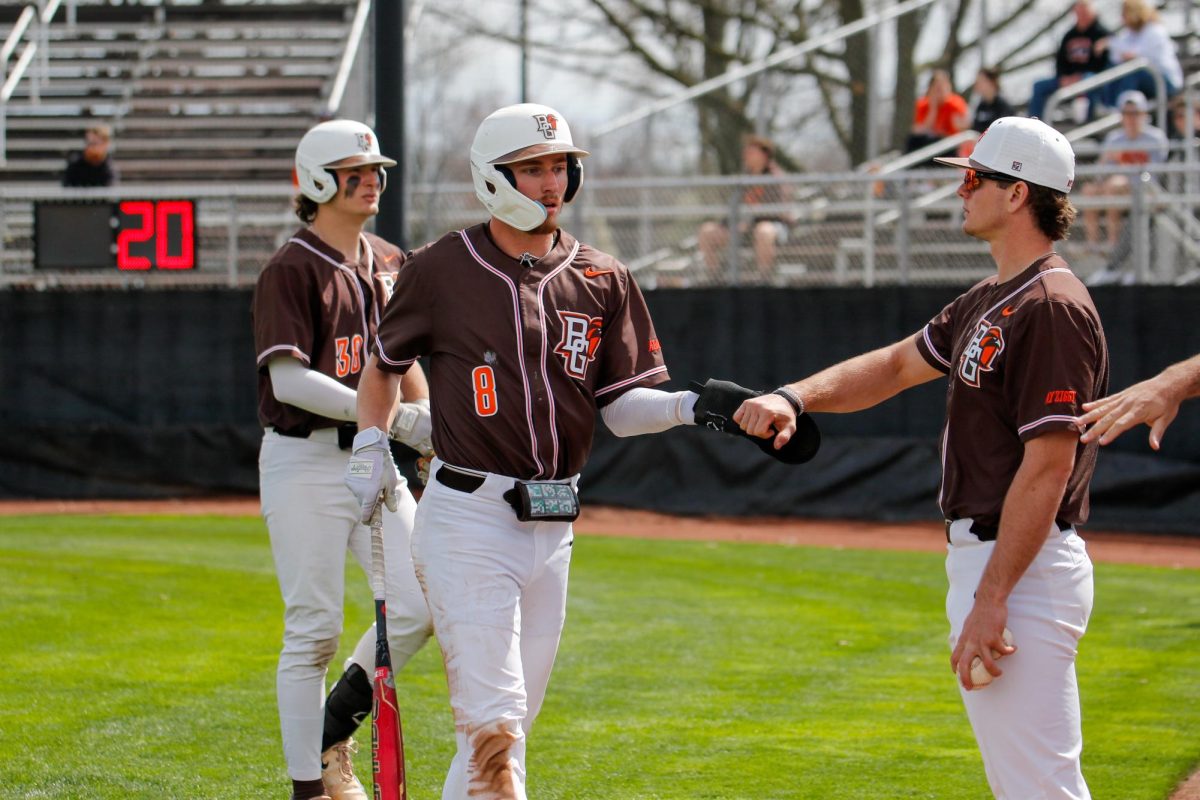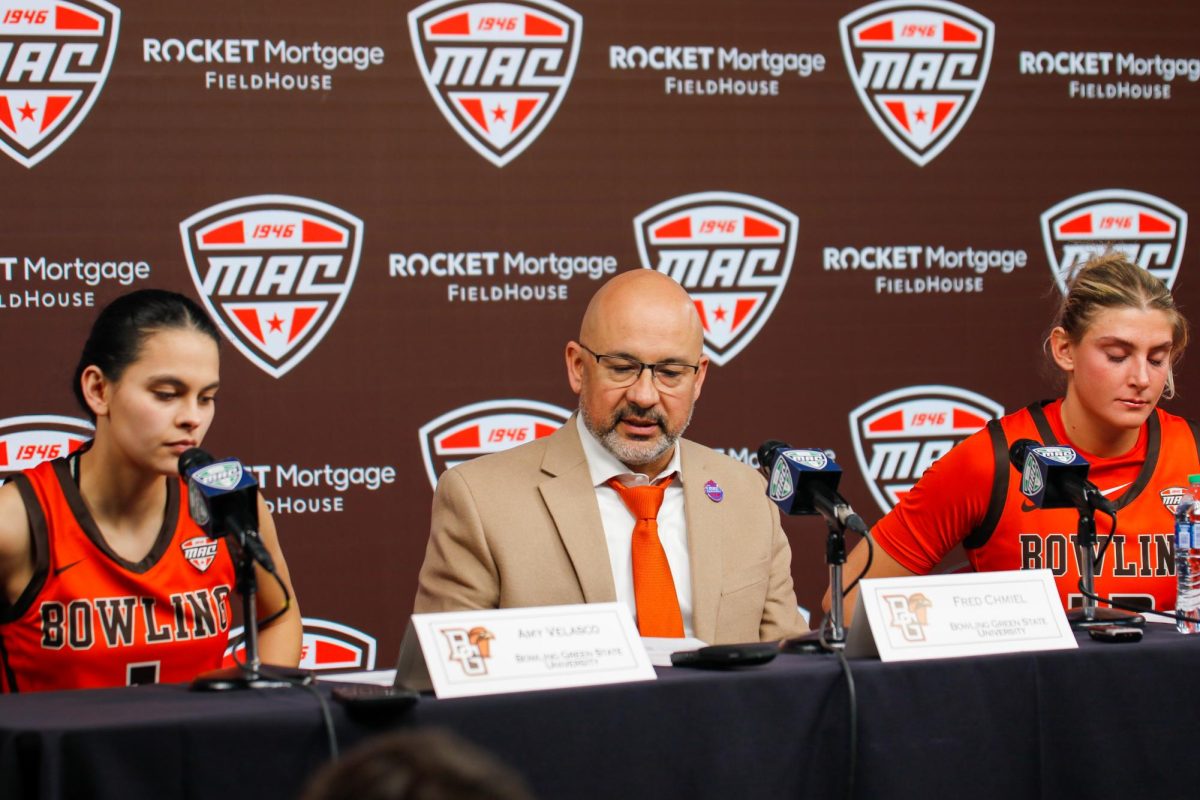For those who follow college athletics, the National Collegiate Athletic Association is known by many descriptions.
Monstrous, unfair, monolithic and judicious are but a few adjectives used to describe the NCAA.
The association governs almost all intercollegiate sports and its power and authority are vast, and the powers they possess are used to their benefit.
The NCAA is supposed to be the guardian of college athletic integrity, and in many ways it is.
It can also be a harsh entity that appears to be in the business of keeping themselves relevant — no matter what its member institutions think.
Normally, I see the NCAA as prejudicial body that applies its punishments to rule-breakers in a very uneven manner.
It seems that the more merchandise a school can sell, the less inclined to be chastised for rule infractions the school will be.
Despite what I see as inherent bias, I find myself agreeing with an issue that is not new, but is coming to a boiling point: the paying of college athletes.
The football players at Northwestern, one of America’s premier academic institutions, have decided to unionize.
As I write this, they are preparing to take their case to the National Labor Relations Board in an attempt to have their union recognized.
This is a nightmare scenario for the NCAA.
For college athletes, it might be the reward they have been seeking through countless hours playing and practicing.
College athletes receive scholarship money from universities.
A great misconception is all college athletes receive scholarships.
Also, almost all college sports lose money. At a university such as ours, no sports make money.
At a university such as Ohio State, only two sports, men’s basketball and football, make money.
College athletics is not about money.
It is about tradition, pride and community. That is why colleges keep athletics, even if they drain budgets.
While in principle I agree that the NCAA and the universities making money off products while athletes receive nonthing is wrong, I believe that paying college athletes is not the way to go.
The reasons to not pay them are much stronger than the reasons too.
First, the athletes on scholarship are paid.
They are receiving scholarship money that every student would love to have.
Secondly, earning a scholarship does not impede an athlete from taking out student loans or receiving grants.
Lastly, who would get paid?
It is easy to pay a Heisman winner, but what about a team that isn;t so good? They’re a money loser but they will have their hand out for a stipend, which would be their right.
As one can infer, this situation would become a financial nightmare for universities. The only foreseeable conclusion would be the elimination of sports at almost all NCAA universities.
The paying of college athletes is a fiscal fairytale.
A full scholarship, respect, adoration and popularity are all forms of payment.
I am very close to graduating with my Master of Public Administration. I dread that first student loan bill.
The benefit of a full scholarship and its benefits endowed on an athlete or any student can never be underestimated.
Pay athletes? I say this is already happening.
Respond to Paul at





















